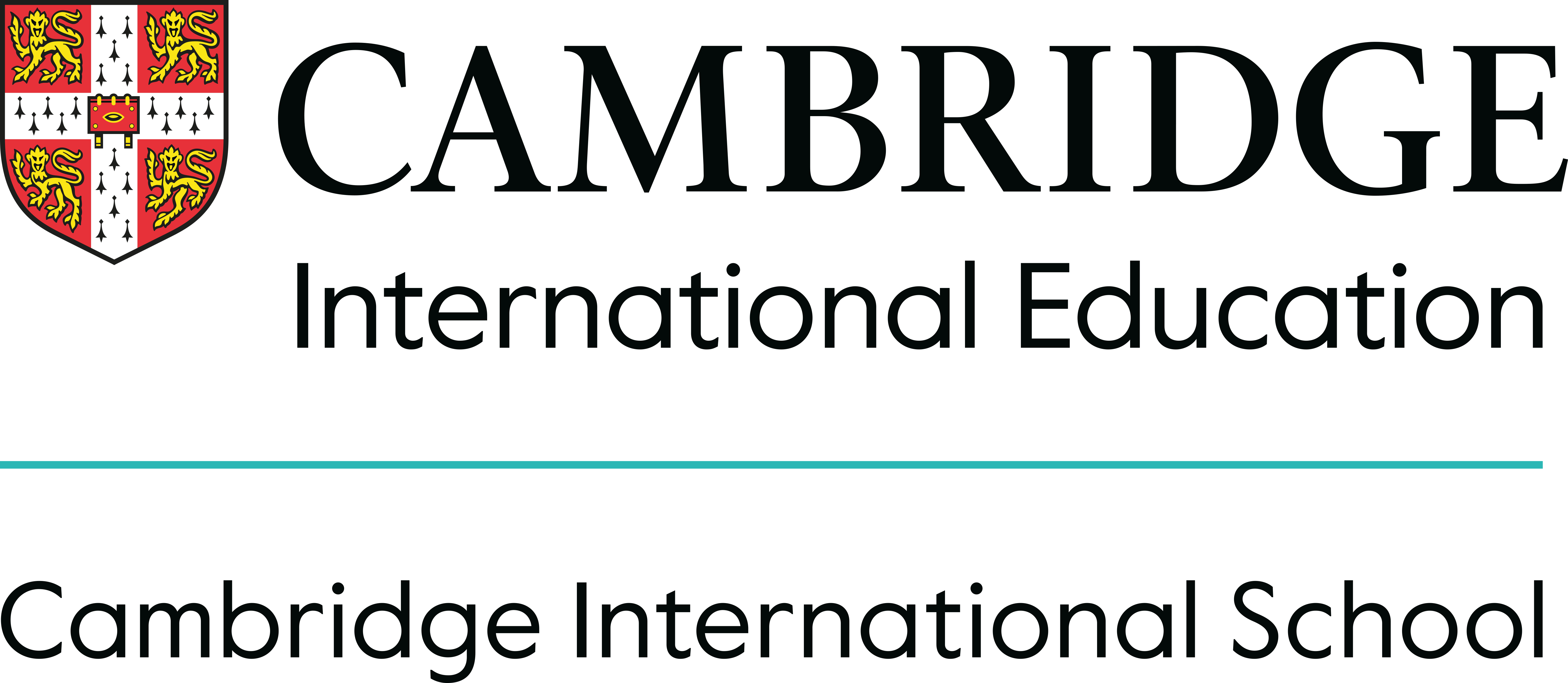×

The International School of Sion has now been authorized as a Cambridge school.
Our school is a Cambridge International School, registered with Cambridge Assessment International Education, part of the University of Cambridge. Our programmes inspire students to love learning, helping them discover new abilities and a wider world.

